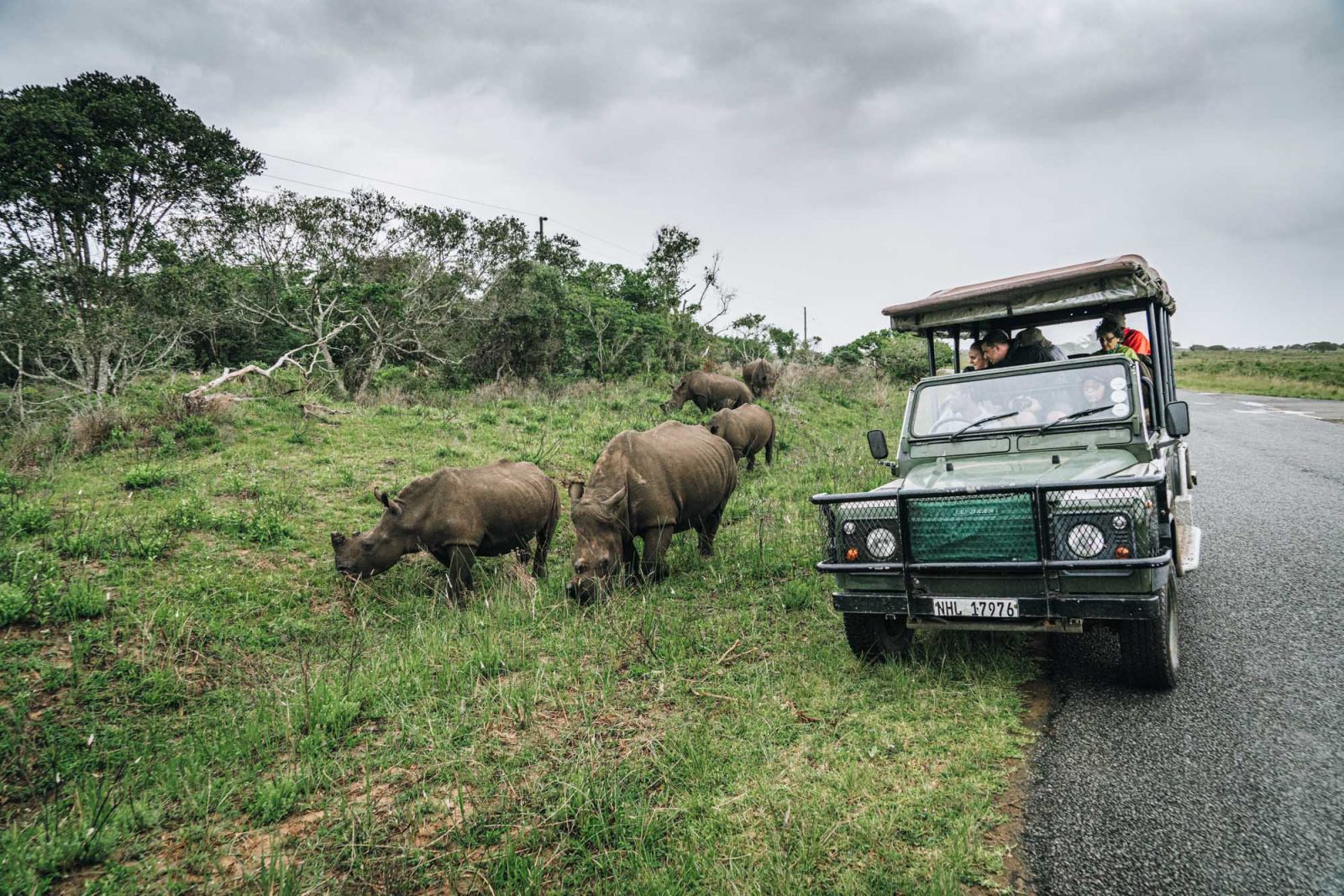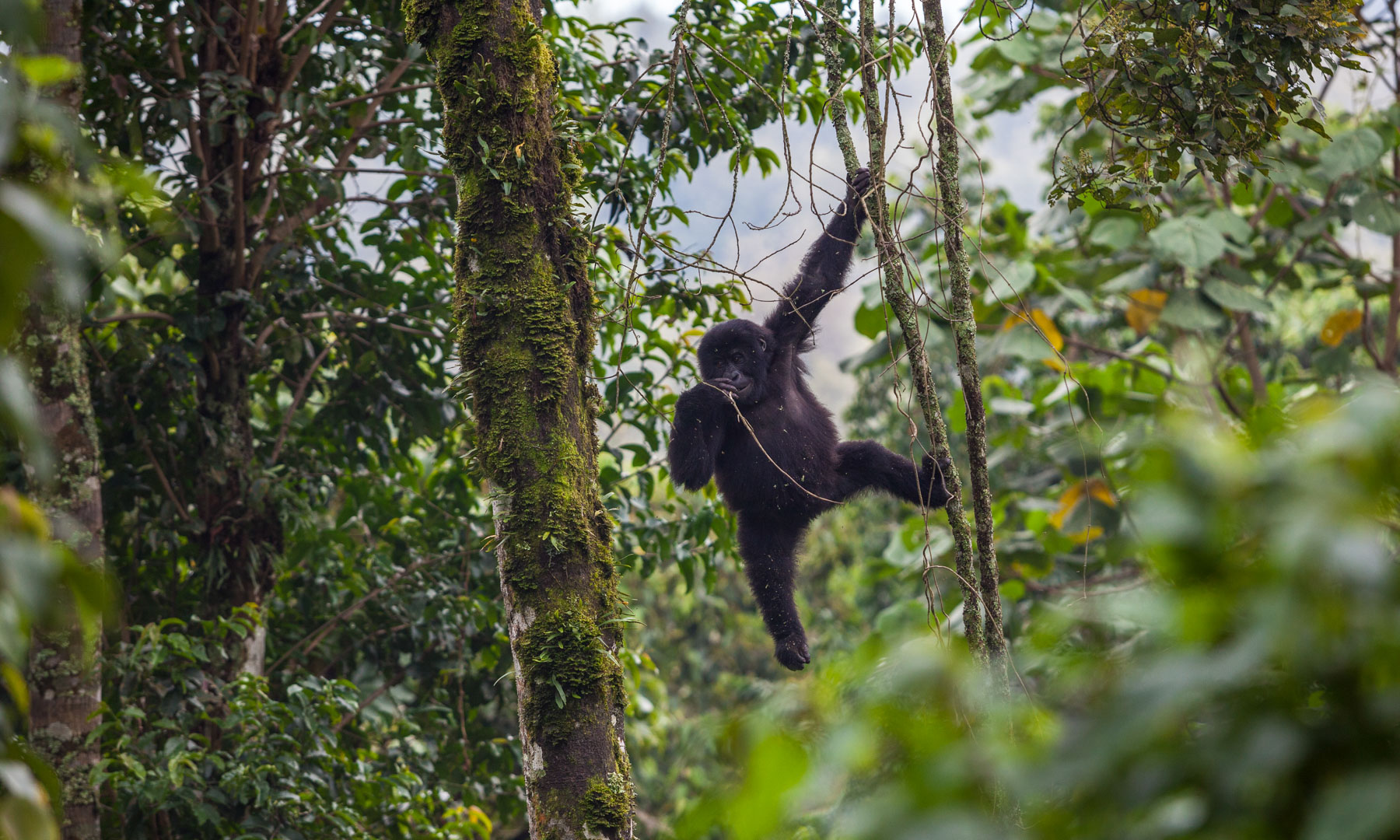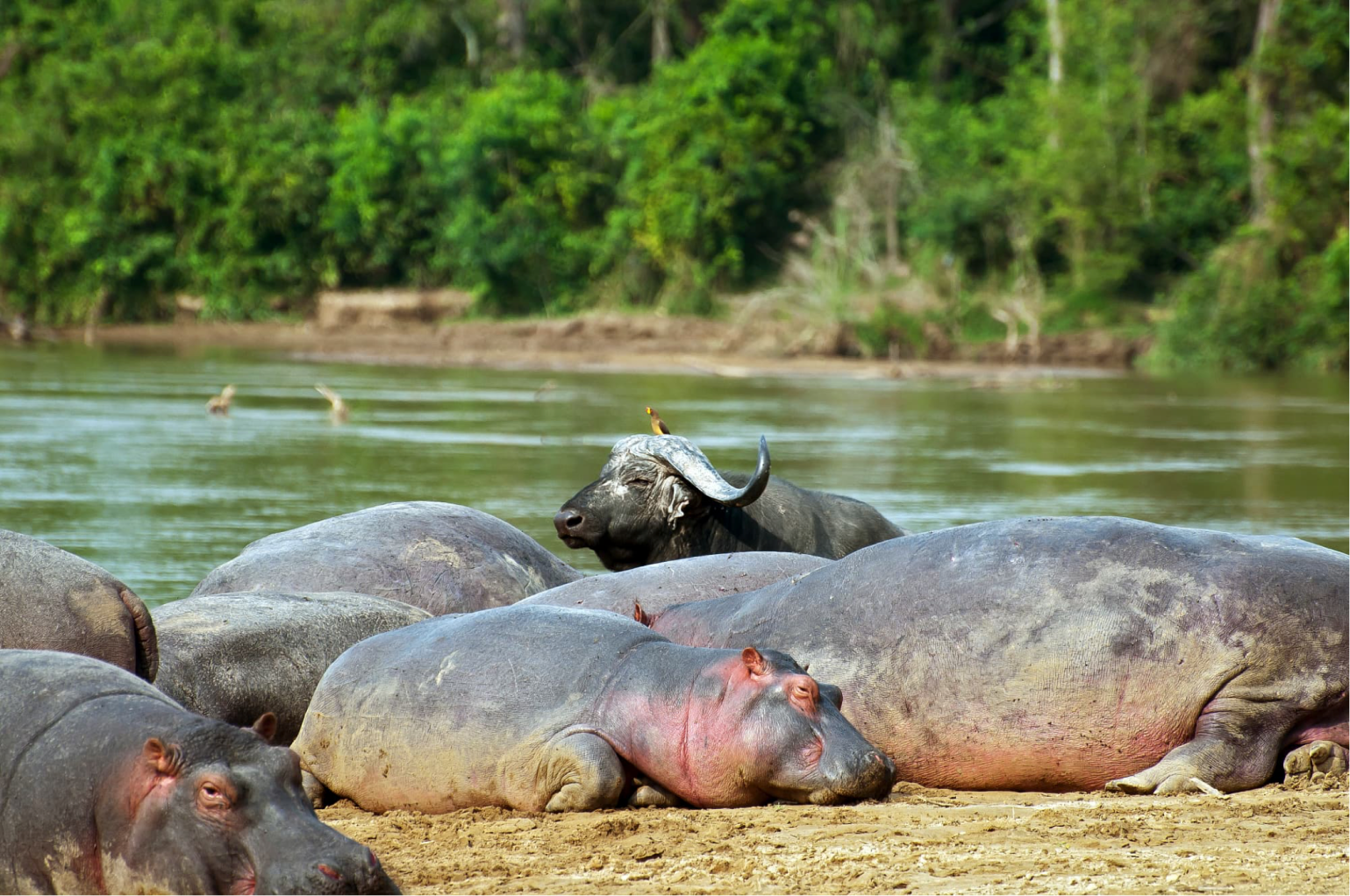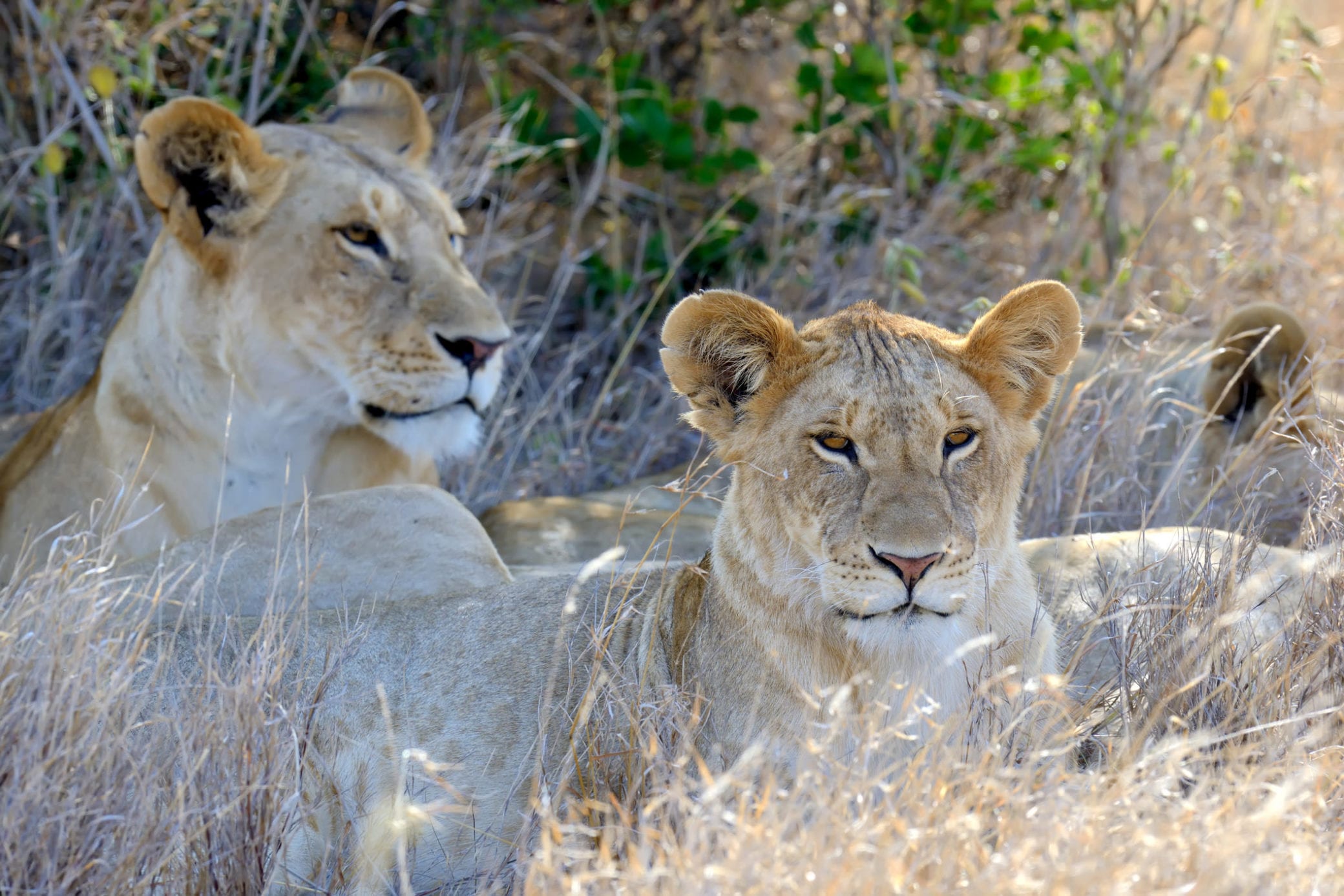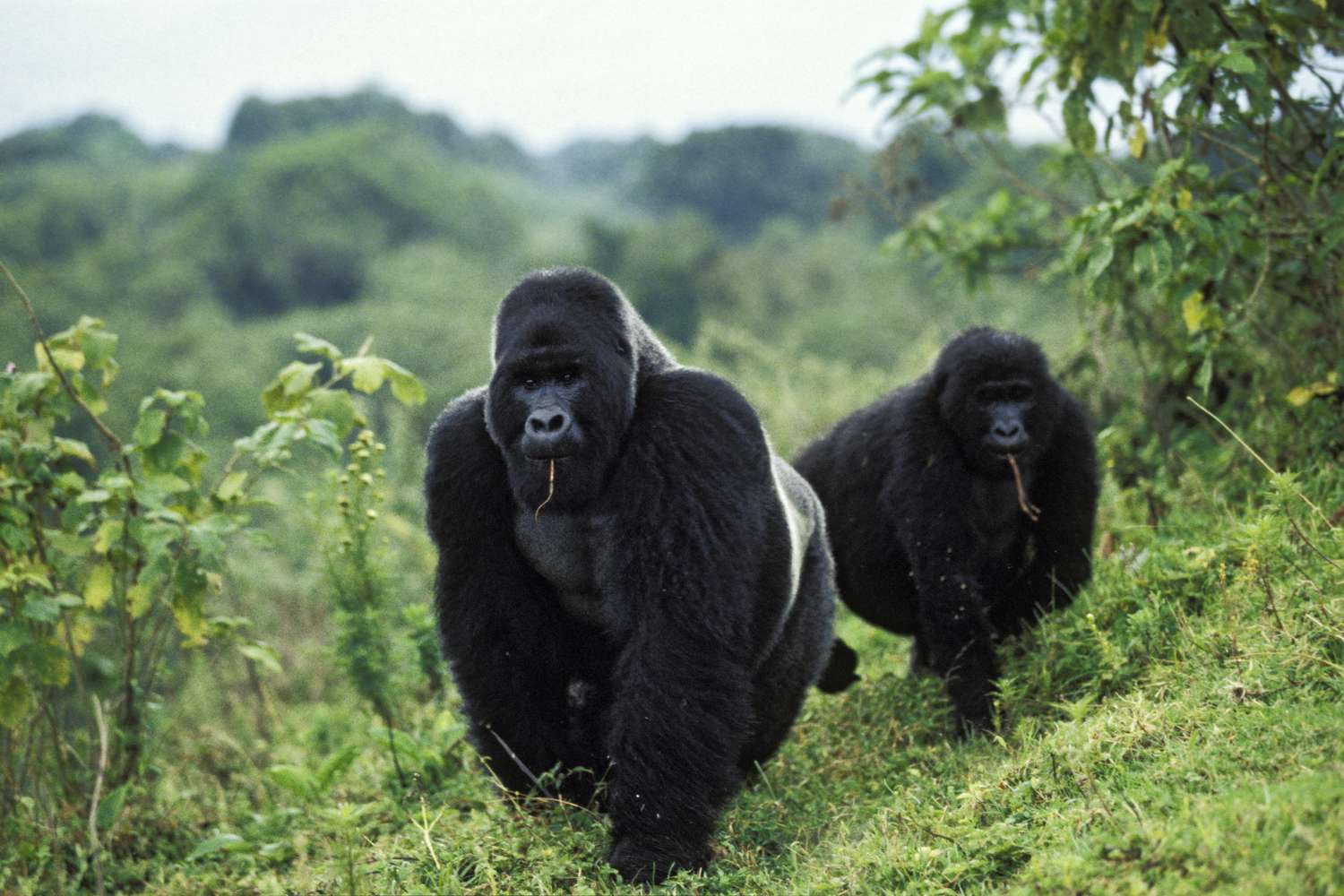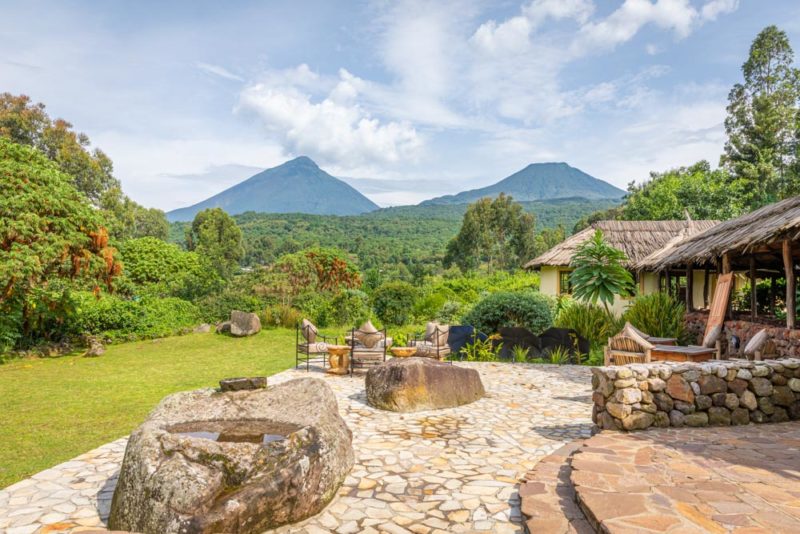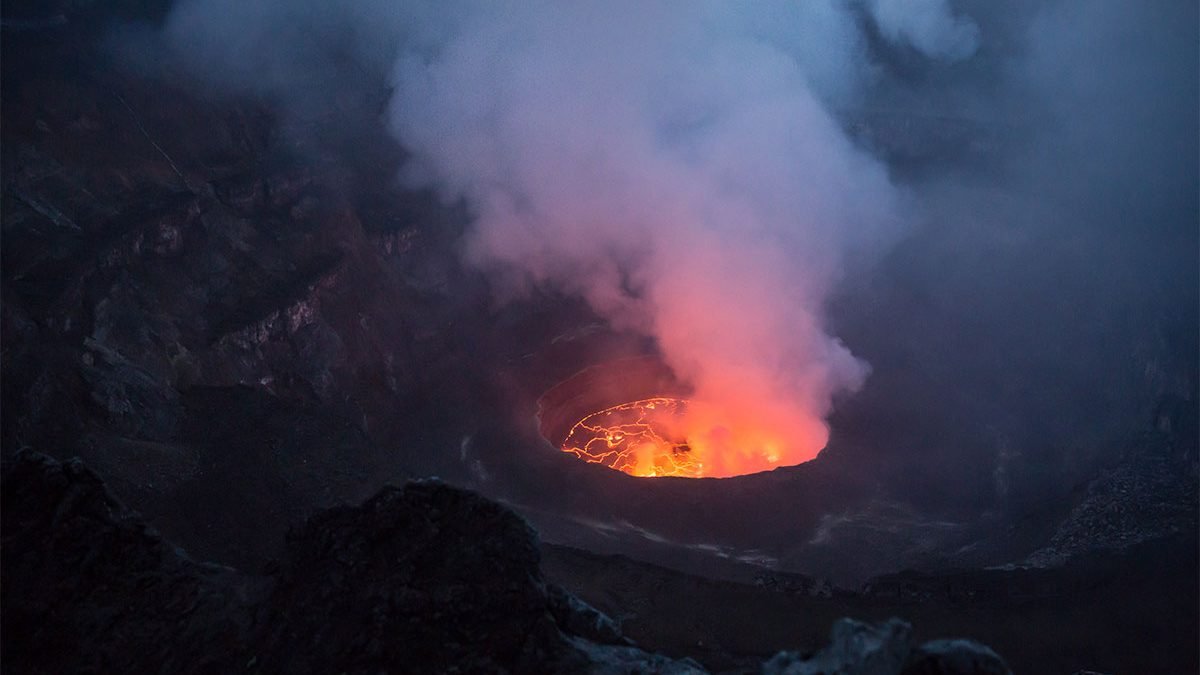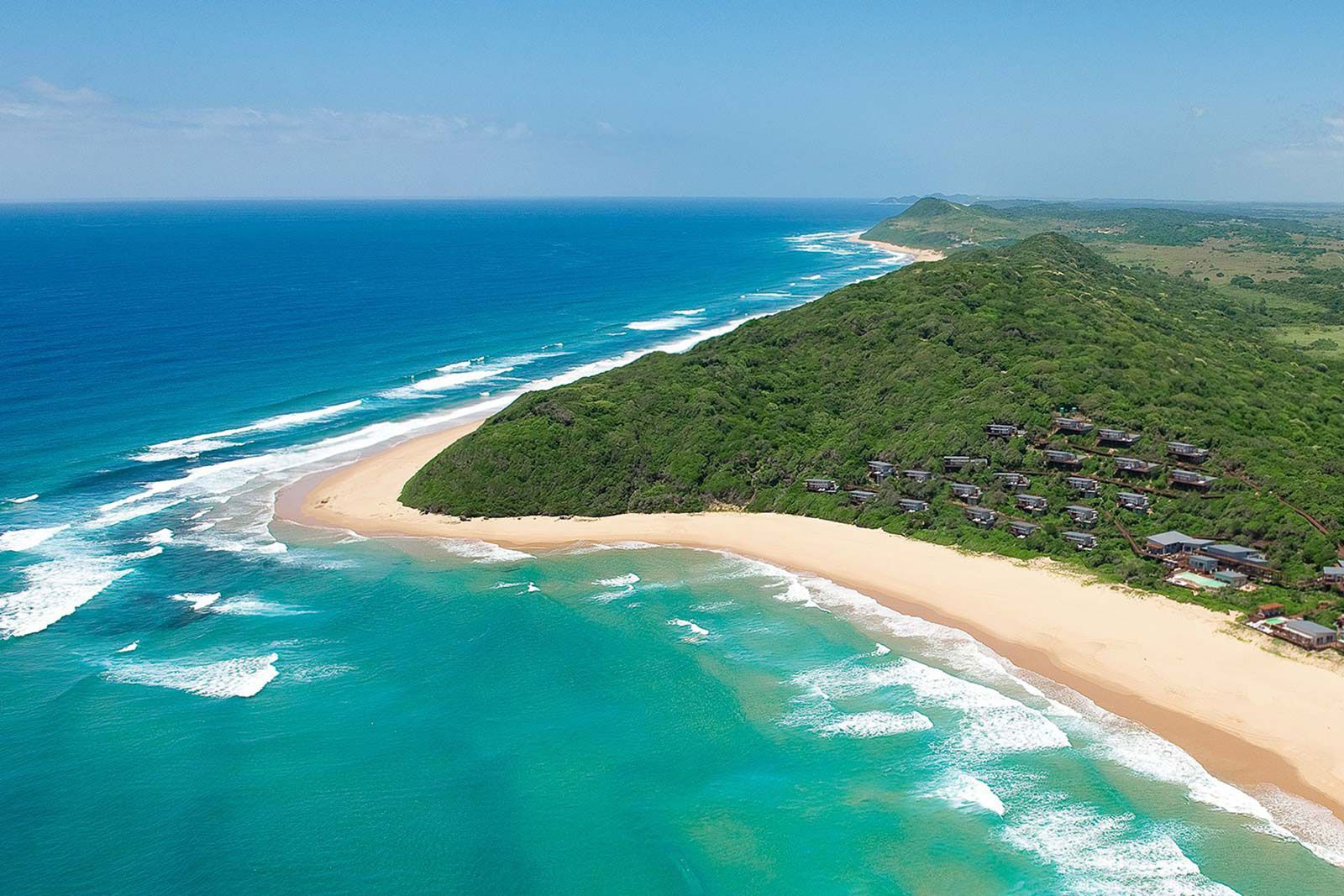Views Of Virunga National Park
About
location:
Albatine Rift Valley, Northeastern, D.R.Congo
The Virunga National Park was established in 1925, making it one of the oldest national parks in Africa. It covers an area of about 7,800 square kilometers, and it's surrounded by a variety of other protected areas, including Queen Elizabeth National Park in Uganda and Volcanoes National Park in Rwanda.
The park is known for its stunning scenery, which includes the Virunga Mountains, Lake Kivu, and the Congo River. It's also known for its rich biodiversity, with more than 2,000 plant species and hundreds of animal species. The park is also home to Africa's most active volcano, Mount Nyiragongo.
One of the most interesting things about Nyiragongo is its lava lake. This lake is one of only a few that exist in the world, and it's constantly changing, with the lava levels rising and falling over time. Scientists have studied the lake extensively, and they've learned a lot about how volcanoes work as a result.
There's also a large crater at the top of the volcano, which is over one kilometer wide. It's a pretty impressive sight to behold!
Things to know before travelling to Virunga National Park
This article is a tip of the iceberg but will equip you with the "Absolute Need to Knows" for Virunga National Park.
How to get there?
To get to Virunga National Park from outside of the DRC, you'll need to fly into Kigali International Airport in Rwanda, which is the closest airport to the park. From there, you can take a shuttle bus or taxi to Gisenyi, a town on the border of the DRC.
Once you're in Gisenyi, you can cross the border and take a local bus or minibus to the town of Goma, which is the closest town to Virunga National Park.
From Goma, you can take a taxi or shared van to the park entrance. The entire journey from Kigali to the park can take several hours, so be prepared for a bit of a journey to this remote and beautiful national park.
About the weather
The weather in Virunga National Park is variable, depending on the time of year. In general, the park has two distinct seasons: the dry season and the wet season. The dry season runs from June to September, and the wet season runs from October to May. The winds can be strong especially in the dry season.
However, the wet season is also beautiful, with lush vegetation and fewer crowds. You should be prepared for rain, no matter what time of year you visit and also remember the park is located at a high altitude, so the temperatures can be cooler than you might expect.
Medical matters that affect your visit.
Here are some more medical matters to be aware of before visiting Virunga National Park:
Malaria
The park is located in a malaria-endemic area, so it's important to take precautions against it. These precautions include taking antimalarial medication, using insect repellent, and sleeping under a mosquito net.
Dehydration
Dehydration is a common problem in the park, especially for visitors who are not used to the high altitude. It's important to drink plenty of water and to avoid overexertion.
Altitude Sickness
Altitude sickness is caused by the low oxygen levels at high altitudes. It can cause symptoms such as headache, nausea, and shortness of breath.
Diarrhea
Diarrhea is a common problem, especially for visitors who are not used to the local food and water. Be sure to drink only bottled water and to wash your hands regularly.
Animal Bite
There is a risk of animal bites, especially from chimpanzees and monkeys. Be sure to keep a safe distance from all animals and to avoid feeding them.
Heat Exhaustion
The park is located in a hot and humid climate, so heat exhaustion is a common problem for visitors. Be sure to drink plenty of fluids, take breaks in the shade, and wear loose, light-colored clothing.
These are just a few of the medical matters to be aware of when visiting Virunga National Park. By taking the proper precautions, you can enjoy a safe and healthy visit to this beautiful park.
More on Health Matters
If you're planning to visit Virunga National Park, it's important to make sure you're up to date on your vaccinations. The recommended vaccinations for the park include:
- Yellow fever: A yellow fever vaccination is required for all visitors to the park.
- Hepatitis A: The hepatitis A vaccine is recommended for all travelers, especially those who plan on eating or drinking local food and water.
- Typhoid: The typhoid vaccine is also recommended for travelers to the park.
- Rabies: The rabies vaccine is recommended for travelers who plan on spending time in rural areas or who plan on being around animals. Rabies is a deadly disease, so it's important to take all necessary precautions.
In addition to these vaccinations, you should also be sure to pack a travel health kit, which should include things like:
- Bandages
- Antibacterial soap and hand sanitizer
- Sunscreen and insect repellent
- Pain and fever medication
With proper planning and preparation, you can ensure a safe and healthy visit to Virunga national park.
The Park Is Located In A Remote Area
Virunga National Park is one of the most remote national parks in Africa. It's located in a remote and rugged part of the continent, far from major cities and towns. Getting to the park can be a challenge, as there are few roads and the terrain is rugged and mountainous. Once you're in the park, you'll be completely surrounded by nature.
There are no shops, restaurants, or other modern conveniences. Make sure you have all the supplies you need, including food, water, and any medication you might need. It's also a good idea to bring a first aid kit and to be aware of any health risks in the area.
It's also important to have a good map of the area and to know how to navigate in the wilderness. Finally, it's always a good idea to tell someone where you're going and when you expect to be back. The remoteness of the park is part of what makes it so special and unique.
Cultural etiquettes at Virunga National Park
The Virunga National Park is located in the Democratic Republic of Congo, and it is home to a diverse group of people. The most prominent ethnic groups in the area are the Bantu, the Hutu, and the Tutsi. Each of these groups has their own unique set of customs and traditions.
For example, the Bantu have a matrilineal system, meaning that property and inheritance is passed down through the mother's side of the family. The Hutu have a patrilineal system, meaning that property and inheritance is passed down through the father's side of the family.
The Tutsi have a combination of both systems, with property being passed down through both the mother's and father's sides of the family. These different systems can create some unique cultural etiquette rules, so it is important to be respectful and understanding of the local customs.
For example, it is considered rude to point with the index finger, and women should avoid wearing short skirts or showing too much skin. Additionally, when visiting someone's home, it is customary to bring a small gift, such as fruit or sweets.
Language and communication at Virunga National Park
The primary mode of communication at Virunga National Park is Swahili, which is spoken by the majority of the park's staff. However, there are a number of other languages spoken by the staff, including French, English, and Lingala.
In addition to verbal communication, the park also uses signage in both Swahili and English to communicate important information to visitors. There is also a radio station, Radio Okapi, that broadcasts in Swahili, Lingala, and French.
Safety Information For Visiting Virunga National Park
The security situation in and around Virunga National Park is complex and constantly evolving. There is a risk of crime, including robbery, mugging, and assault. There is also a risk of political unrest and violence. It's important to follow local travel advisories and to stay informed of the latest security developments.
When traveling in and around the park, it's important to exercise caution and to avoid carrying large amounts of cash or wearing flashy jewelry. It's also a good idea to travel with a local guide or tour operator who can advise you on the latest security conditions.
Vital information on money matters
There are a few other money matters that you should be aware of when visiting Virunga National Park. First, it is important to be aware of the exchange rate, which can fluctuate. Second, it is important to know that US dollars and euros are widely accepted, and that other currencies, such as the British pound, may not be accepted.
Third, you should also be aware of the fees associated with withdrawing money from ATMs. These fees can vary, so it is important to check with your bank before traveling. Fourth, it is also important to keep in mind that counterfeit bills are common, so be sure to inspect the currency you receive before using it.
Lastly, it is important to bring enough cash with you, as there may not be any ATMs available in the park or in the nearby towns. It is always better to err on the side of caution and bring more cash than you think you will need.
By being prepared and aware of the financial situation in Virunga National Park, you can ensure that your trip goes smoothly.
Fun Things To Do at Virunga National Park
There are lots of fun things to do at the virunga national park, here are some of the popular ones:
Gorilla Trekking
This is one of the most popular activities in Virunga, and it's a once-in-a-lifetime experience. You'll hike through the jungle, and you'll have the chance to observe these magnificent creatures in their natural habitat. It's a challenging but incredibly rewarding experience.
Chimpanzee Trekking
Another popular activity is chimpanzee trekking. You'll have the chance to observe these intelligent and social creatures as they go about their daily lives. It's an amazing experience that will leave you with a deeper understanding of these fascinating animals.
Hiking
Virunga has several hiking trails, and they range from easy to difficult. You can choose a trail that's appropriate for your fitness level and experience. And no matter which trail you choose, you'll be treated to stunning views of the surrounding landscape.
Wildlife Safari
If you're interested in seeing the park's amazing wildlife, a wildlife safari is a must. You can take a game drive or go on a walking safari. Either way, you'll have the chance to see animals like elephants, lions, buffalo, and more.
Bird Watching
Virunga is a paradise for bird watchers. With over 700 species of birds, you'll have plenty to see and admire. You can go on a guided birding tour, or you can explore the park on your own. Either way, you're sure to be amazed by the diversity of bird life in the park.
Kayaking on Lake Edward
The park is home to the beautiful Lake Edward, and visitors can go kayaking or canoeing on the lake. It's a great way to see the park from a different perspective.
Swimming in Hot Springs
There are several hot springs in the park, and visitors can take a dip in the mineral-rich waters. The hot springs are believed to have healing properties, and they're also a great place to relax and unwind.
There are so many fun and exciting things to do in Virunga National Park. And this is just the beginning of what the park has to offer. If you're looking for a once-in-a-lifetime experience, then Virunga is the place for you.
Who can travel to Virunga National Park?
Anyone can travel to Virunga National Park, but there are a few things to keep in mind. First, the park is located in a politically unstable region, so you should check with your government for travel advisories.
Second, the park is located at a high altitude, so it's important to acclimate to the altitude before you start any strenuous activities. And finally, the weather in the park can be unpredictable, so it's important to come prepared for all types of weather. But don't let these things discourage you - Virunga is worth the effort!
Travel Documents
You will need a valid passport and visa to enter DRCongo. Make sure your passport is valid for at least six months after your travel date and check if you need to obtain a visa before traveling.
What time of the year is best to visit?
Virunga National Park is open year-round, but the best time to visit is during the dry season, which runs from June to September. This is the best time to see the park's amazing wildlife, and the weather is also quite pleasant during this time of year.
That said, the park is beautiful all year round, and each season has its own unique charm. So, don't feel like you need to limit your visit to the dry season - any time of year is a great time to explore Virunga!
Packing Essentials for your Trip
When it comes to packing for a trip to Virunga National Park, there are a few essential items you'll need, including:
A day pack
You'll need a small backpack to carry your essentials, like water, snacks, and a camera.
Insect repellent
The park is home to a variety of insects, so you'll want to bring along some insect repellent.
A headlamp
You'll need a headlamp for early morning and late evening activities.
Water bottle
It's important to stay hydrated, especially when hiking.
Snacks
Bring along some snacks to keep you energized during your hike.
Sunscreen
To protect yourself from the sun, as the UV rays can be quite strong at high elevations.
Binoculars
These are essential for bird watching and wildlife spotting.
First-aid kit
For any minor cuts, scrapes, or other injuries that may occur during your trip.
A camera
You'll want to capture the beauty of Virunga National Park!
Some extra cash
There are a few restaurants and shops in the park that accept cash, so it's a good idea to have some local currency on hand.
But most importantly, bring an open mind and a sense of adventure! The park is full of surprises, and you never know what you'll encounter on your journey. So, pack light, but pack smart - and get ready for the adventure of a lifetime!
view map
Book Flight ticket
If this widget is not showing try reloading the page
The flight search result will be provided in a new tab
Kigali international airport, Rwanda will be a good destination if you are coming from outside D.R.Congo
Book Hotel
If this widget is not showing try reloading the page
The hotel search result will be provided in a new tab
Input Goma, Congo as the city name to search and compare hotel prices
You can book tours at hotels upon arrival.
